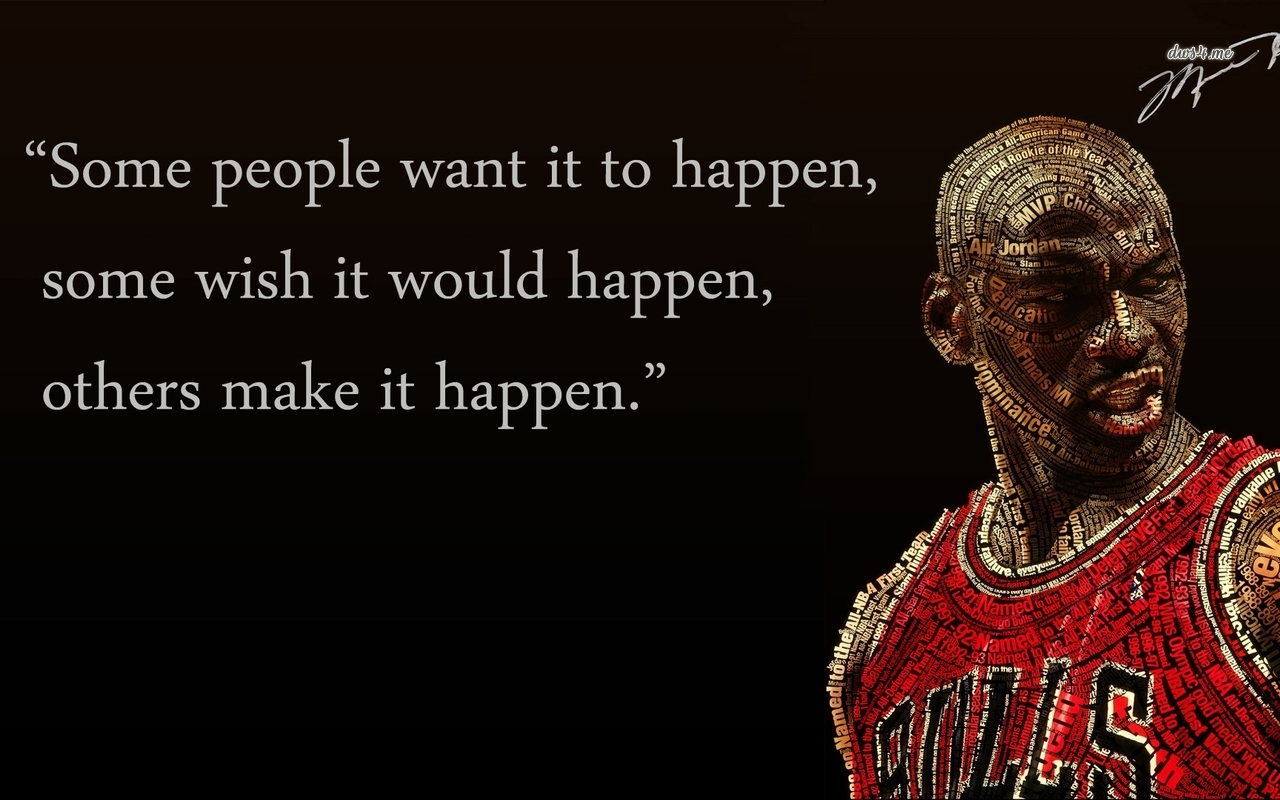Powerful Motivational Quotes to Fuel Your Sports Journey

Introduction
Sports are not just about physical prowess; they are a testament to the human spirit’s ability to overcome adversity, push boundaries, and achieve greatness. Whether you’re an athlete, a coach, or a fan, the right words can ignite a fire within you, transforming challenges into opportunities and setbacks into comebacks. This collection of powerful motivational quotes is curated to fuel your sports journey, offering wisdom from legends who’ve stood on the podium, faced defeat, and risen again. Let these words be your compass, guiding you through the highs and lows of your athletic pursuit.
The Power of Resilience
“It’s not whether you get knocked down, it’s whether you get up.” – Vince Lombardi
The Pursuit of Excellence
“Excellence is not a skill; it’s an attitude.” – Ralph Marston
- Set clear, measurable goals.
- Embrace consistent practice, even when progress seems slow.
- Seek feedback and learn from failures.
- Stay mentally focused and emotionally resilient.
The Role of Teamwork
“Alone we can do so little; together we can do so much.” – Helen Keller
- Shared responsibility reduces pressure.
- Diverse skills complement each other.
- Camaraderie fosters motivation.
- Over-reliance on personal performance.
- Lack of trust can lead to breakdowns.
The Mental Game
“The mind is the limit. As long as the mind can envision the fact that you can do something, you can do it, as long as you really believe it 100%.” – Arnold Schwarzenegger
The Journey Over the Destination
“Success is a journey, not a destination. The doing is often more important than the outcome.” – Arthur Ashe
Overcoming Fear
“Fear is temporary. Regret is forever.” – Unknown
The Power of Consistency
“Success isn’t always about greatness. It’s about consistency. Consistent hard work gains success. Greatness will come.” – Dwayne “The Rock” Johnson
Leaving a Legacy
“Legacy is not leaving something for people. It’s leaving something in people.” – Kumar Anup
How can I stay motivated during a slump?
+Revisit your “why”—the reason you started. Break your goals into smaller, achievable tasks, and celebrate progress, no matter how small. Surround yourself with supportive teammates or mentors who can offer perspective and encouragement.
What role does mindset play in athletic performance?
+Mindset is everything. A growth mindset—believing that abilities can be developed—helps athletes embrace challenges, persist through setbacks, and see effort as a path to mastery. Mental toughness, focus, and confidence are as crucial as physical skills.
How can I balance sports with other life responsibilities?
+Prioritize and plan. Use tools like calendars or apps to manage time effectively. Communicate with coaches, family, and employers to align expectations. Remember, balance doesn’t mean equal time; it means giving each area the attention it needs when it needs it.
What should I do if I’m afraid of failing?
+Reframe failure as feedback. Every mistake is an opportunity to learn and improve. Visualize success, but also prepare mentally for setbacks. Surround yourself with positive influences who encourage risk-taking and resilience.
How can I inspire my team to perform better?
+Lead by example. Show dedication, positivity, and humility. Communicate openly, celebrate team successes, and provide constructive feedback. Foster a culture of trust and mutual respect where every member feels valued and motivated to contribute.
Conclusion
Sports are a microcosm of life—filled with triumphs, setbacks, and endless lessons. These quotes are more than words; they are beacons of wisdom from those who’ve walked the path before you. Let them remind you that your journey is unique, your potential limitless, and your legacy waiting to be written. As Mia Hamm once said, “Somewhere behind the athlete you’ve become and the hours of practice and the coaches who have pushed you is a little girl who fell in love with the game and never looked back… play for her.” Go forth, fueled by passion, driven by purpose, and inspired by the greatness within you.



